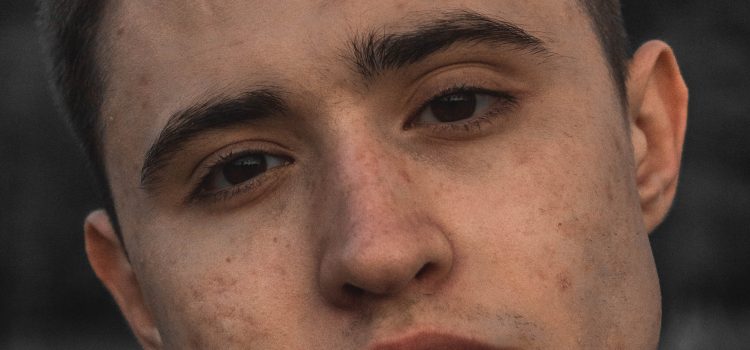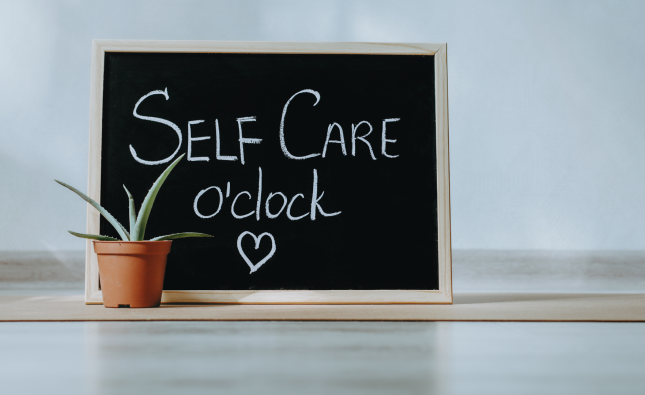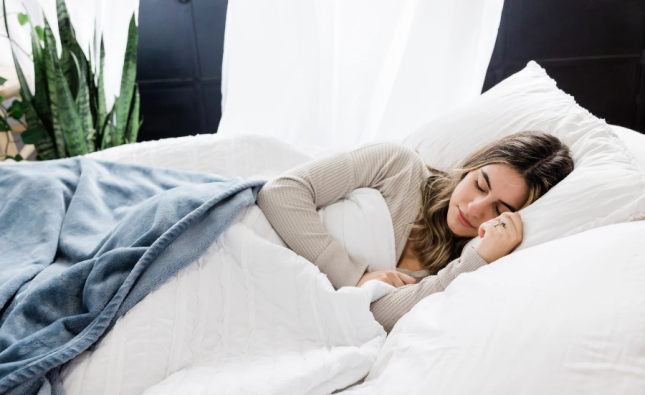
If you’ve ever suffered from acne, you know that it can be a devastating experience. Not only can it cause physical pain and discomfort, but it can also have a significant impact on one’s self-esteem and confidence. But don’t worry – while acne may seem like an insurmountable challenge, there are actually many steps you can take to prevent and treat breakouts. In this blog post, we’ll explore the complete guide to acne prevention and treatment; everything you need to get clear skin for good! From lifestyle changes to skincare tips, read on for our comprehensive overview of how to tackle your acne once and for all.
What is acne?
Acne is a skin condition that occurs when the hair follicles become clogged with oil and dead skin cells. The resulting inflammation can lead to pimples, blackheads, whiteheads, and cysts. Acne is most commonly seen on the face, but it can also affect the back, chest, and shoulders.
There are many different causes of acne, but the most common is hormonal changes. Other factors that can contribute to acne include stress, diet, certain medications, and cosmetics. Acne is not caused by dirt or poor hygiene.
Acne treatment starts with identifying the underlying cause. Once the cause is determined, a treatment plan can be created. There are many different treatments available for acne, including over-the-counter and prescription medications, as well as natural remedies.
The causes of acne
There are many different factors that can contribute to the development of acne. Hormonal changes, such as those that occur during puberty or pregnancy, can cause an increase in sebum production which can lead to clogged pores and breakouts. Other possible causes include certain medications, cosmetics, and dietary choices. Stress can also trigger or worsen acne flare-ups.
Acne is a very common skin condition that affects people of all ages. While it is most often associated with adolescence, it can affect people of any age. There are many different factors that can contribute to the development of acne. Hormonal changes, such as those that occur during puberty or pregnancy, can cause an increase in sebum production which can lead to clogged pores and breakouts. Other possible causes include certain medications, cosmetics, and dietary choices. Stress can also trigger or worsen acne flare-ups.
There are many different treatments available for acne. The best course of action will vary depending on the severity of the condition and the underlying cause. In some cases, simple lifestyle changes may be all that is needed to clear up the skin. For more severe cases, prescription medication may be necessary. Whatever the approach, it is important to follow through with treatment until the acne is gone to prevent recurrence.
The different types of acne
Acne is a very common skin condition that can vary in severity. The different types of acne include blackheads, whiteheads, papules, pustules, nodules, and cysts. Blackheads are small bumps that form when pores become clogged with sebum and dead skin cells. Whiteheads are similar to blackheads, but they are covered with a white or yellowish pus-filled center. Papules are small red or pink bumps that are tender to the touch. Pustules are similar to papules but have a pus-filled center. Nodules are large, hard bumps that form deep within the skin and can be very painful. Cysts are large pimples that are filled with pus and can cause scars.
Acne can be treated with over-the-counter medications, prescription medications, home remedies, or a combination of these treatments. Over-the-counter treatments include cleansers, topical creams and gels, astringents, exfoliants, and masks. Prescription treatments include oral antibiotics, birth control pills, isotretinoin (Accutane), and corticosteroid injections. Home remedies for acne include tea tree oil, apple cider vinegar, aloe vera gel, honey, and lemon juice.
How to prevent acne
There are a few things you can do to help prevent acne:
1. Keep your skin clean. Wash your face daily with a mild cleanser and warm water. Be sure to remove all makeup before washing. Exfoliate your skin a couple of times a week to remove dead skin cells that can clog pores.
2. Stay hydrated. Drink plenty of water every day to keep your skin healthy and hydrated. Avoid sugary drinks, which can cause breakouts.
3. Eat a healthy diet. A diet rich in fruits, vegetables, and whole grains can help keep your skin clear. Avoid processed foods, which can trigger breakouts.
4 . Manage stress . Stress can worsen acne, so it’s important to find ways to relax and manage stress levels . Exercise, yoga , and meditation can all help reduce stress .
How to treat acne
Acne is a common skin condition that can be caused by a variety of factors, including hormones, bacteria, and excess oil production. While there is no one-size-fits-all solution for acne, there are a number of treatments that can help to reduce the severity of breakouts and prevent future outbreaks.
One of the most effective ways to treat acne is to keep the skin clean and free of excess oil. This can be done by washing the face twice daily with a gentle cleanser and using an oil-free moisturizer. Additionally, it is important to avoid picking or squeezing pimples as this can lead to further irritation and inflammation.
If over-the-counter treatments are not effective, prescription medications may be necessary. These include topical antibiotics or retinoids, oral antibiotics, birth control pills, and isotretinoin. A dermatologist can help to determine which medication is best for each individual based on the severity of their acne and other factors.
In addition to medication, certain lifestyle changes can also help to improve acne. These include avoiding trigger foods (such as sugar, dairy, and processed foods), managing stress levels, quitting smoking, and exercising regularly. By making these changes, you can help to clear up your skin and prevent future breakouts.
Products to help with acne prevention and treatment
When it comes to acne prevention and treatment, there are a few key products you should keep in mind. First and foremost, make sure you cleanse your face twice daily with a gentle cleanser. This will help remove dirt, oil and bacteria that can clog pores and lead to breakouts.
Next, apply a light weight moisturizer to help keep skin hydrated while also keeping pores clear. For an extra boost, look for products that contain ingredients like salicylic acid or benzoyl peroxide which can help fight acne-causing bacteria.
Finally, don’t forget to protect your skin from the sun with a broad spectrum sunscreen. UV rays can exacerbate acne breakouts so it’s important to always wear SPF when spending time outdoors.
By following these simple steps, you’ll be on your way to clear, healthy skin in no time!
Conclusion
Acne can be an embarrassing and uncomfortable skin condition, but with the right knowledge and products, you don’t have to suffer anymore! This complete guide should provide all of the information you need to understand what causes acne, prevent it from happening in the future, and treat existing breakouts quickly and effectively. Now that you are armed with this knowledge, take steps today toward ensuring clear skin for good!










